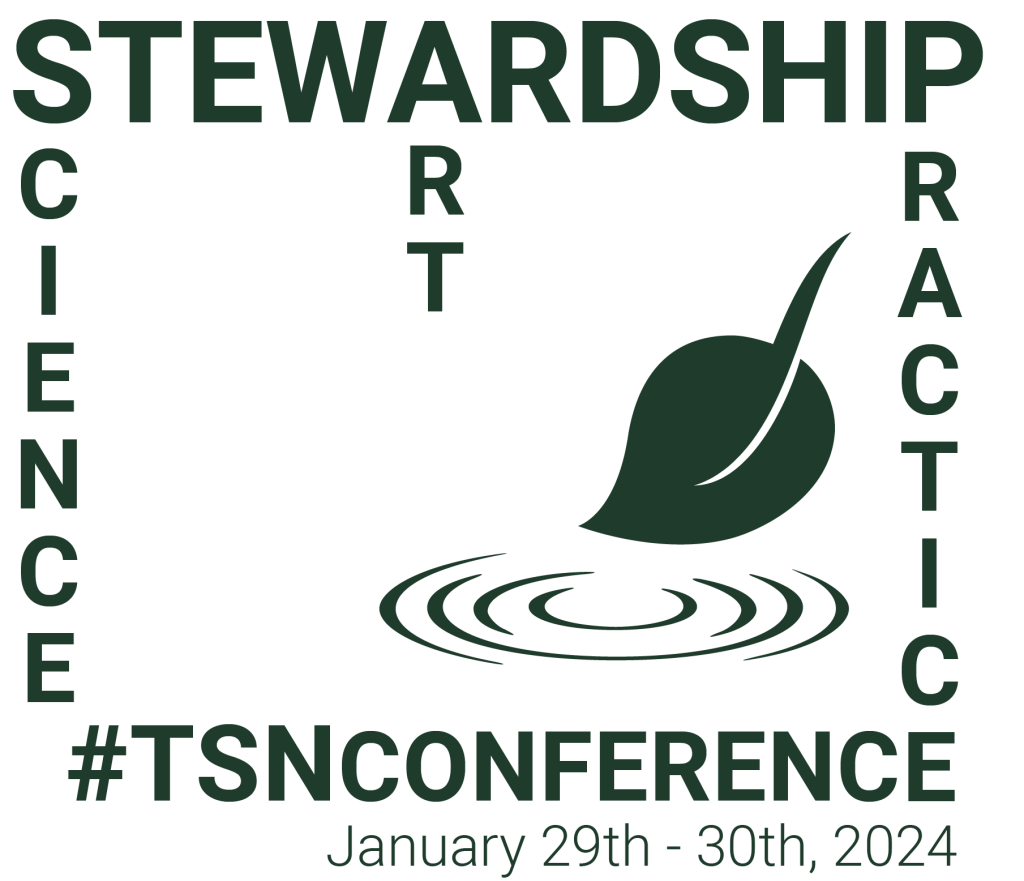Emerging research suggests that biochar amendments to degraded soil may enhance plant productivity by increasing soil carbon content and promoting nutrient availability. However, various biochar types have different properties that may influence nutrient retention and cycling. Plant nutrient acquisition is aided by root-associated mycorrhizal fungi. Therefore, it is important to understand how different biochar types affect the relationships between plants, mycorrhizae associations, and soil nutrient availability. Our goal was to determine the role of two types of biochar on velvet leaf (Abutilon theophrasti) productivity, mycorrhizal colonization rates, and soil nutrient availability. We hypothesized that addition of biochar will increase nutrient retention in soil, thereby increasing associations with mycorrhizae and plant biomass production. Our experiment consisted of 56 pots, each planted with two velvet leaf individuals whose roots were separated by a compartment constructed of mesh screen. Each pot was inoculated with mycorrhizae and amended with one of two biochar types that were generated using different wood materials and pyrolysis procedures. We applied three nutrient treatments (N, P, or N + P) to the mesh screen compartment weekly. The mesh allowed only the mycorrhizae to pass through. This made the roots dependent on this symbiosis in order to receive the nutrients. After 7 months of growth, we measured above- and belowground plant biomass and determined the percentage of mycorrhizal colonization associated with the plant roots. We also determined the amount of plant-available N and P in soils. Preliminary results of biomass suggests that biochar application may have negative or no effects on velvet leaf growth. These findings are counter to our hypothesis and reveal the need for further research testing the effectiveness of biochar as a soil amendment. Possible causes of our results may be due to high nutrient retention or pH shift by biochar preventing nutrient uptake by roots.
Additional Contributors: Jake Nash, Chase O’Neil, Lisa Tiemann, Jessica Miesel

